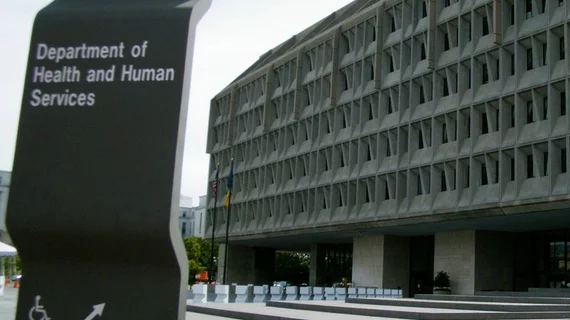MITA representative speaks at HHS public hearing
A representative from the Medical Imaging & Technology Alliance (MITA) spoke at a public hearing organized by the Department of Health and Human Services, sharing insight into how patients can gain better access to key technologies.
Speaking during the June 20 hearing, Mark Carol, MD, CEO of Charlotte, North Carolina-based SonaCare and chair of MITA’s Focused Ultrasound Section, highlighted four recommendations that could “improve patient access to innovative technologies and help prevent a technology from languishing or disappearing altogether from the marketplace.”
“New technologies that are approved by the FDA but not reimbursed by CMS face a classic ‘Catch 22’,” Carol said, as quoted in a prepared statement from MITA. “They are approved but not covered by Medicare forcing patients to pay out of pocket. As a result, the procedure’s use is hindered, and the amount of clinical data needed for Medicare coverage can’t be generated. This disconnect between the FDA and CMS leaves innovative and proven technology in the laboratory and not in the clinic where patients can benefit from it.”
These were Carol’s four recommendations, per MITA’s statement:
- "Make the coverage process more transparent, accountable, predictable, and collaborative."
- "Use available alternate resources, including externally collected data, to make determinations of 'reasonable and necessary'."
- "Grant provisional coverage to new technologies which have FDA clearance/approval."
- "Assign an appropriate New Technology Ambulatory Payment Classification within 30 days of FDA clearance or approval."
As an example of why these recommendations are needed, Carol pointed to partial gland prostate ablation, an FDA-approved procedure that patients had to pay for out of pocket due to a lack of Medicare reimbursement.

